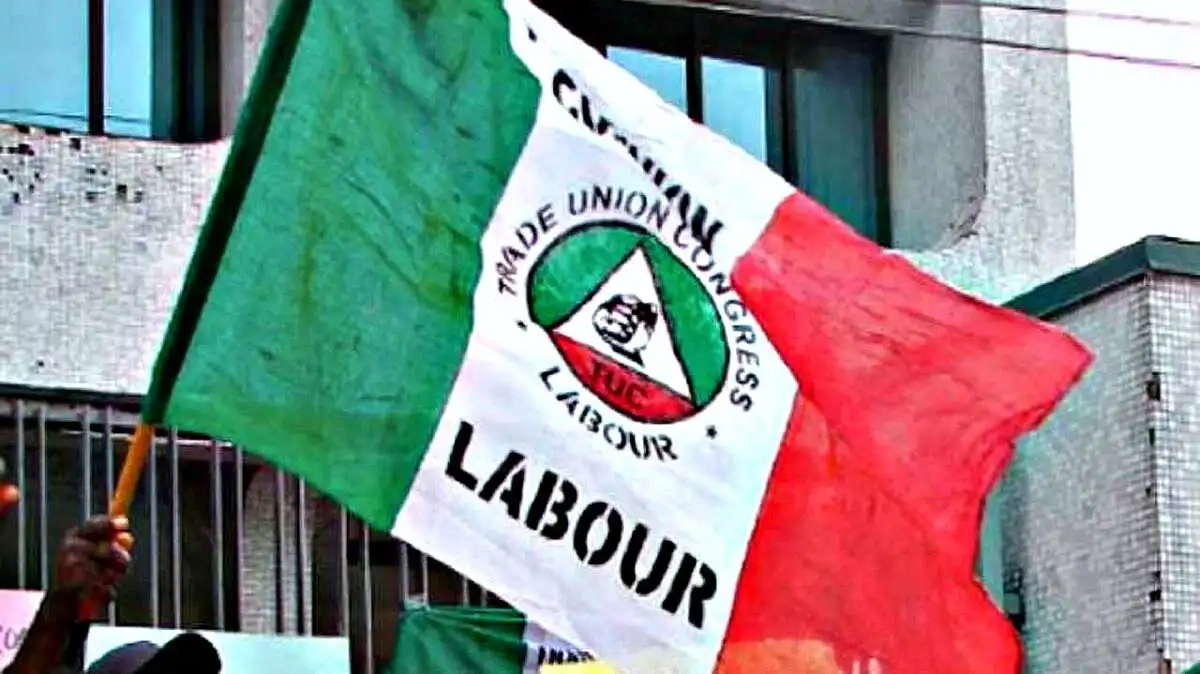
The recent approval of the National Industrial Relations Policy (NIRP) 2025 by the Federal Government has sparked a debate in Nigeria about whether or not trade union activities should be regulated.
The policy aims to address the problem of frequent strikes by trade unions in the country. While some people support the idea of regulation, others are worried that it could hurt the rights of workers and interfere with the independence of trade unions.
The Nigerian government believes that the National Industrial Relations Policy will help reduce the number of strikes and industrial actions that have been common in sectors like healthcare, education, and public services.
The policy is designed to improve the relationship between employers, employees, and the government. Its goal is to ensure that work continues smoothly while also allowing workers to voice their concerns.
The government believes that without a clear national policy, unions often operate in a way that leads to more strikes and disruption.
Minister of Information Mohammed Idris explained that this new policy will regulate the activities of trade unions in the country. He believes the policy will help create better working conditions, improve social dialogue, and encourage cooperation between the government, employers, and employees.
Additionally, the policy will align Nigerias industrial relations practices with international standards, such as those set by the International Labour Organisation (ILO), which encourages peaceful and fair working environments.
However, trade unions in Nigeria, including the Nigeria Labour Congress (NLC) and the Trade Union Congress (TUC), have expressed concerns about the government regulating their activities. The unions argue that this policy could limit their rights to freely associate and collectively bargain on behalf of workers.
The NLC President, Joe Ajaero, pointed out that trade unions should be independent organisations that are free from government interference. He said that unions must have the freedom to run their internal affairs without being controlled by the government.
Festus Osifo, the President of the TUC, emphasised the importance of workers being united to fight for better wages and working conditions. He warned that if the government tried to weaken the unions by causing division between the NLC and TUC, it would harm the ability of unions to represent workers effectively.
Osifo said that the TUC would resist any attempts to break the unity of Nigerian workers, as they believe that solidarity and collective action are key to achieving workers rights and improving their welfare.
The current strike by the National Association of Nigerian Nurses and Midwives (NANNM) is one example of the ongoing tension between trade unions and the government. The strike, which was triggered by poor working conditions and unmet demands, has affected the health sector.
The government has been criticised for not addressing the issues quickly enough, leading to the industrial action.
The Coordinating Minister of Health and Social Welfare, Prof. Alli Pate, has acknowledged the ongoing strike and stated that the government is committed to resolving the concerns raised by healthcare workers.
He said that the government is in active talks with major health associations, including the Nigerian Medical Association (NMA) and nurses unions, to find solutions.
However, the nurses union has made it clear that they will not end the strike until the government shows real commitment by agreeing to some of their key demands. They insist that promises are not enough, and they want a signed agreement before calling off the strike.
While regulating trade union activities may help reduce the number of strikes, it is also important to recognise that trade unions play a critical role in representing workers rights.
Strikes, protests, and other forms of industrial action are sometimes the only way workers can bring attention to important issues, such as poor pay, bad working conditions, and lack of benefits.
The government must find a way to regulate industrial actions in a way that maintains stability in the country without limiting the rights of workers.
A fair and transparent system of negotiation, where workers concerns are heard and acted upon, can help prevent unnecessary strikes while still allowing workers to fight for their rights.
The approval of the National Industrial Relations Policy (NIRP) 2025 is an attempt by the Nigerian government to bring order to trade union activities, but the policy must be implemented carefully to avoid over-regulation.
It is important that the government ensures the policy promotes fairness, encourages dialogue between workers and employers, and protects workers rights. Trade unions must also ensure that the policy does not interfere with their independence or their ability to advocate for better working conditions.
Finding a balance between regulation and workers rights will be key to maintaining industrial peace and ensuring that workers welfare is protected.
 August 15, 2023
August 15, 2023  August 12, 2024
August 12, 2024  November 14, 2023
November 14, 2023



